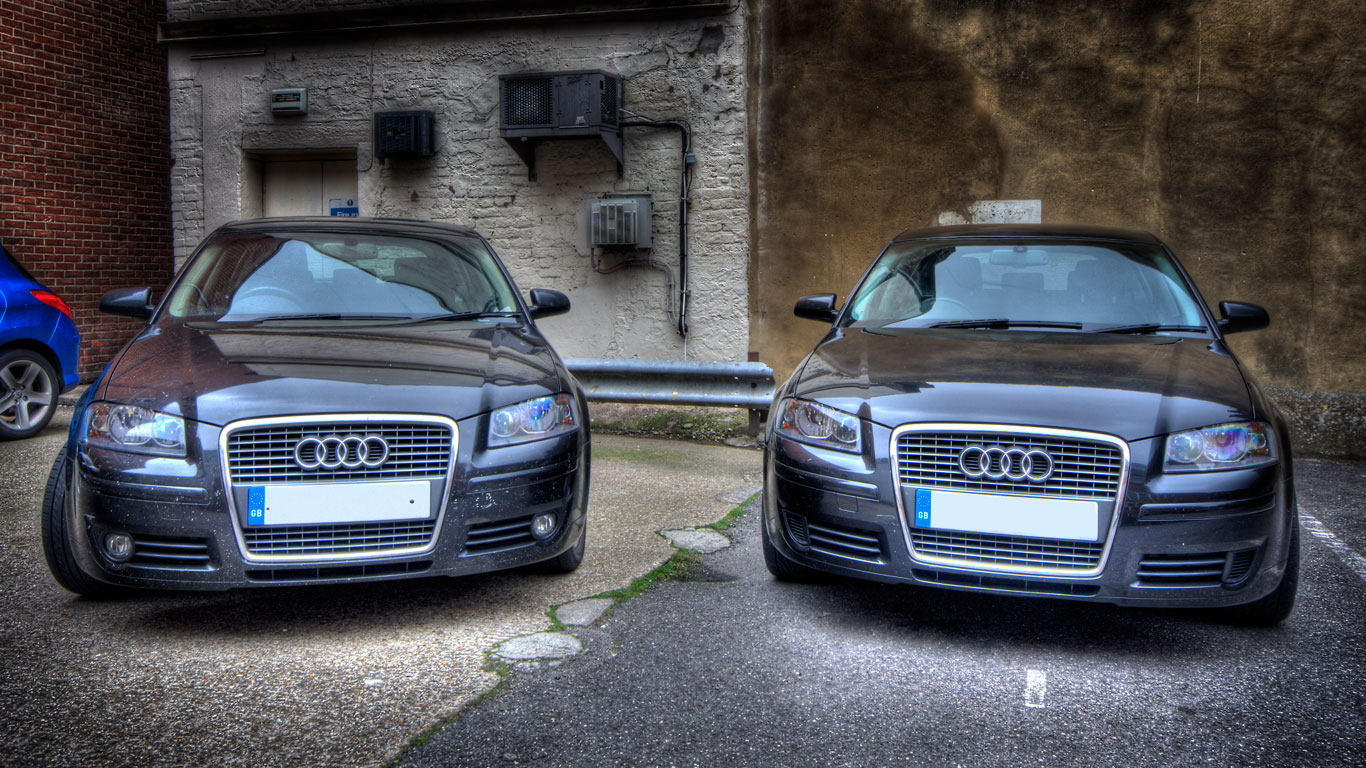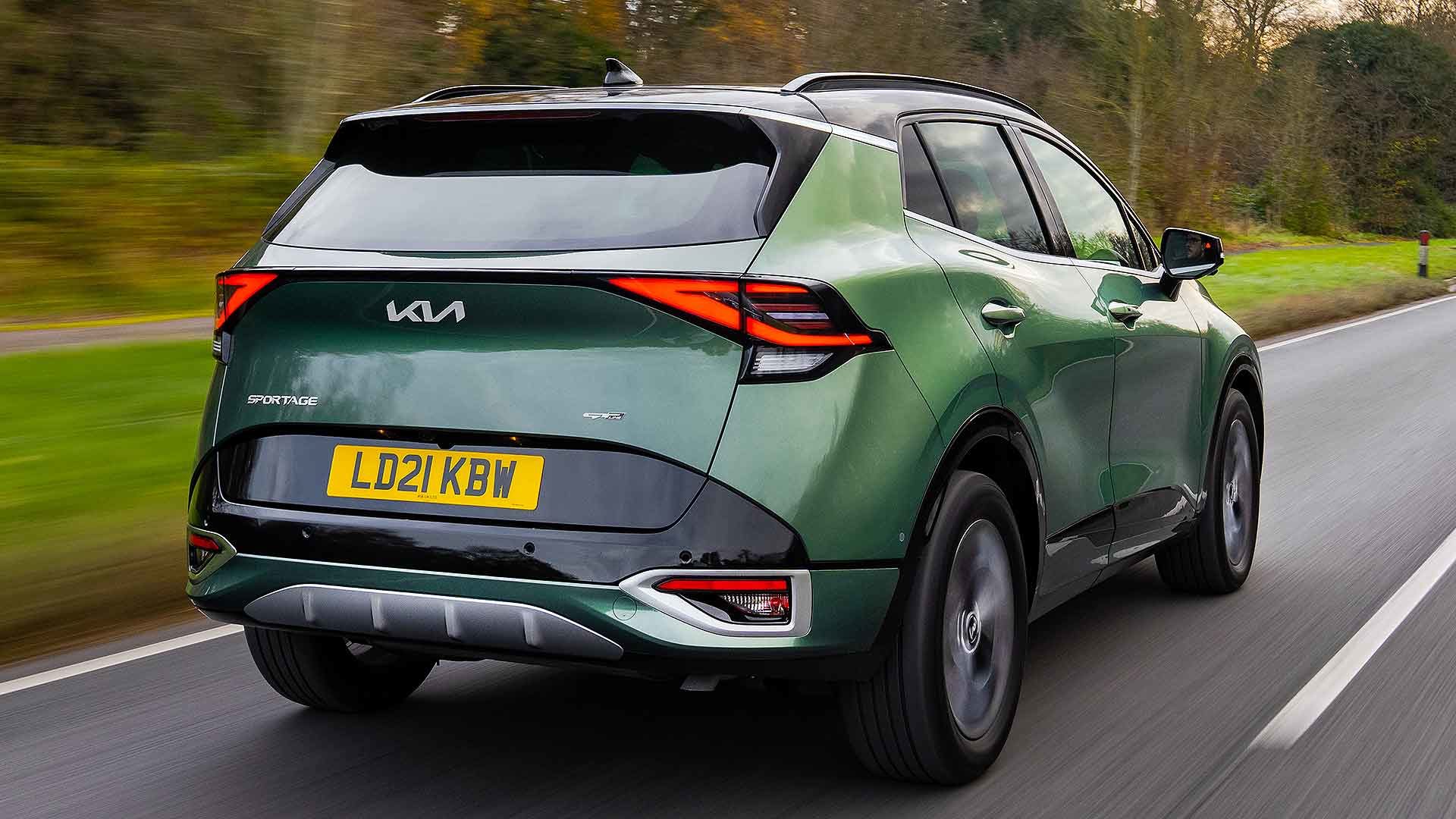
Cloning a car is the four-wheeled equivalent of identity theft. Criminals will steal a car, then give it a new set of ID numbers. These are copied from a similar vehicle, of the same make and model, that is already registered on the road.
Thieves disguise the 17-digit Vehicle Identification Number (also known as the VIN number, or chassis number) on the cloned car. They then use a stolen V5 document (car log book) to legitimise its identity.
With help with vehicle history specialist HPI, here are four straightforward ways to avoid buying a cloned car.

Check the history
Always go through the car’s service and MOT history before you buy. Examine any bills and receipts supplied, and use the government’s online MOT check tool to see if the mileage tallies with that displayed on the dashboard.
Also, make sure you view the car at the registered keeper’s address, as shown on the V5. Don’t be talked into meeting somebody in a petrol station or layby.
Buyers should ensure all the VIN numbers on the vehicle match each other. An HPI history check will ensure they tally with the details recorded with the DVLA, too.
Market value
Look at classified advert listings to get a feel for your chosen car’s market value. The Auto Trader website ranks cars into categories such as Good Price, Fair Price and Lower Price to give you some guidance.
If the seller is asking less than 70 percent of the typical market price for a vehicle, be on your guard. There is rarely such a thing as a bargain, and certainly not if the car turns out to be a clone.

Don’t pay with cash
Don’t make payment with cash, particularly if the car is costing you more than about £3,000. Some cloners will take a banker’s draft as part-payment, because the cash part is sufficient profit without ever cashing the draft.
Most crooks selling cloned cars would rather walk away from a sale than take a payment that could be traced back to them. If it doesn’t feel right, walk away.
Check the V5 document
Check the vehicle’s V5, commonly known as the log book. Stolen V5 documents are still being used to accompany cloned vehicles.
Is the vehicle advertised saying the owner has mislaid or lost the V5? Then buyer beware! This is a red light you should check very, very carefully.
ALSO READ:
What do all your car’s dashboard warning lights mean?
Category A, B, S and N: What do the car insurance write-off categories mean?
The cloning car is hazardous. This helpful information you provide will be useful to everyone.